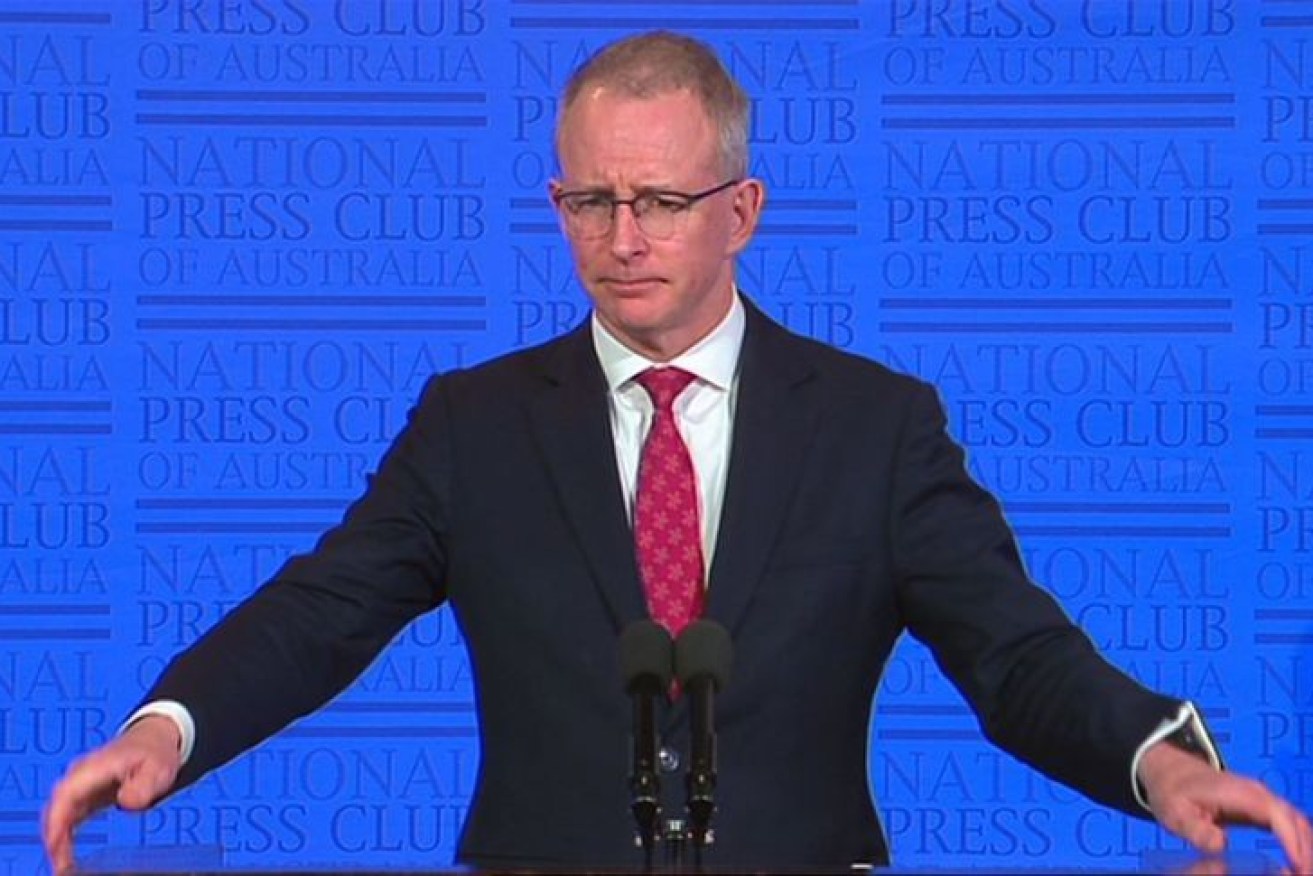Even in abject defeat, Liberal Party struggles to deal with its women problem
Liberal MP Paul Fletcher says his party needs more women as candidates and parliamentarians, but stopped short of calling for quotas following a post-mortem of their federal election defeat.

Liberal MP Paul Fletcher. (Photo: ABC)
The scathing review found women abandoned the Liberal Party in droves at the election, with submissions saying the party was failing to adequately represent the values and priorities of women in modern Australia.
A key recommendation called for a 50 per cent female target within 10 years or three terms, and measures to increase female representation in parliament as quickly as possible.
Fletcher said many women across the country who had traditionally been Liberal voters, “chose to vote another way”.
“Australian women are telling us that they want to see a greater focus from the Liberal Party on their needs and concerns,” he told ABC radio.
“Part of that clearly is we need to have more women candidates and more women parliamentarians.”
When asked if he supported quotas for women, Fletcher would not be drawn on the topic.
“The particular tools that we use are a matter for the Liberal Party organisation, but what I very strongly believe is we need more women candidates,” he said.
“If we are to regain the extent of support that we need to regain, then it’s very important that we have more women candidates, and more women parliamentarians … that is absolutely self evident.”
Fletcher said the party also needed to adequately reflect the diverse cultural makeup of Australian society within its ranks.
The election review, by former party director Brian Loughnane and Victorian senator Jane Hume, labelled the defeat the most serious in the Liberals’ history, finding poor results in metropolitan areas and among female voters concerning.
“The result is not comparable to any previous one in Australian political history. Consequently, it poses a significant and unique challenge to the party,” the review said.
“The result was driven by a combination of major strategic factors, reinforced by a series of individual and state and local issues which together resulted in the most serious loss for the party in its history.”
The report singled out the contrast between then-prime minister Scott Morrison and Anthony Albanese as one of the biggest negatives for the party.












